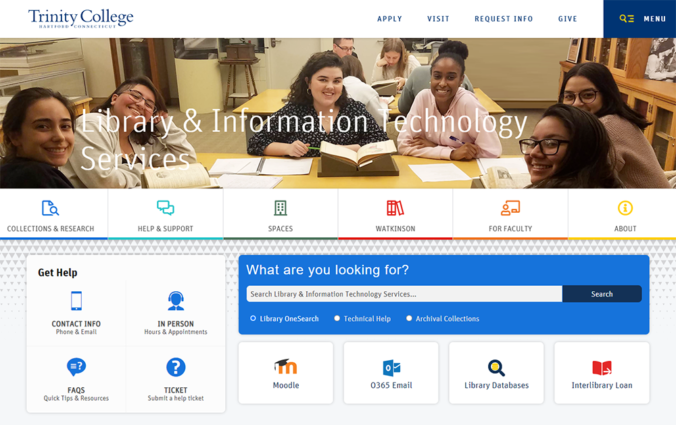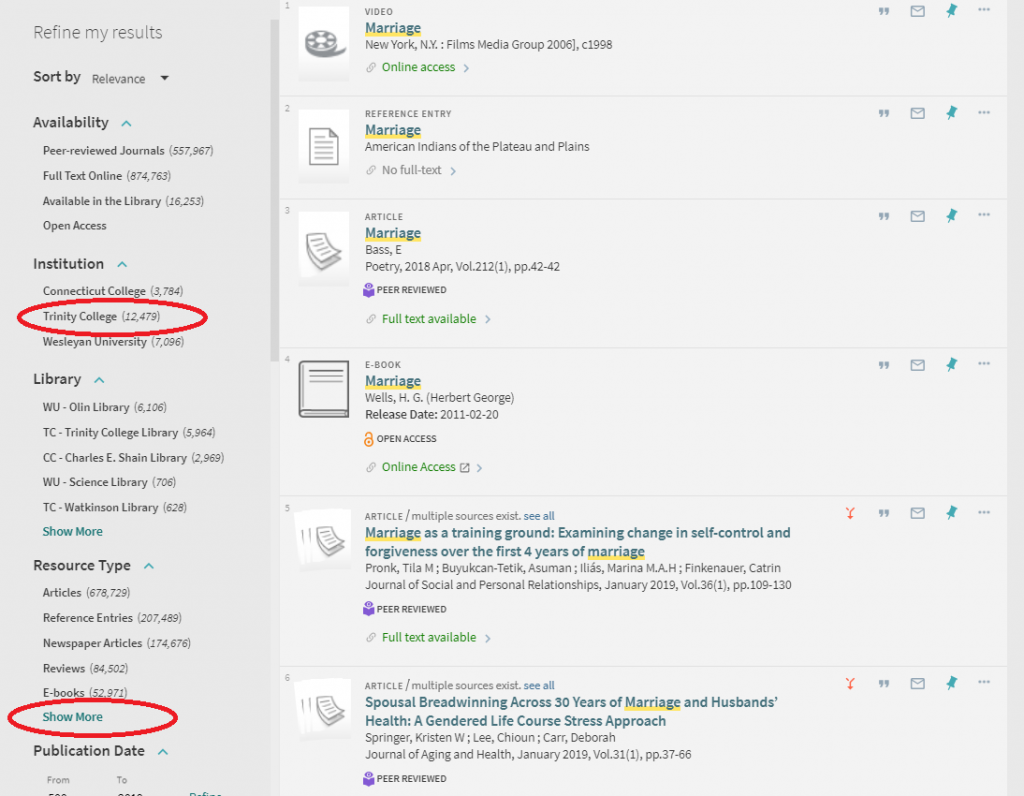This fall, LITS is hosting a series of Common Hour conversations for faculty on building scholarly identity on the Web. As a faculty author, how do you balance making your work widely available with protecting it? How do you want to present yourself through profiles or social media? What is the best way to feature your publications?
Please join us for any or all of the following sessions, all virtual:
November 2, 12:15 – 1:15 Managing Your Online Presence: Shaping Your Scholarly Identity Through Formal and Social Networks
We will discuss building scholarly profiles, managing different types of author identifiers, and choosing where to build your presence. We will also facilitate a conversation around engaging with social media as an academic. Would social media participation boost your visibility, and if so, which platforms might be relevant for your discipline? What are the downsides? At the end of this hour, you will have learned to better define your identity as a scholar on the Web.
November 9, 12:15 – 1:15 Knowing Your Rights and Options as an Author
What choices do you make as an author and a consumer? In this hour, we will discuss copyright and Intellectual Property, using an author addendum for contracts, Open Access, and repository options for your work.
December 7, 12:15 – 1:15 Collaborating with the Public
How do you want the public to engage your work? In this session, we’ll talk about different strategies for sharing your work with the public and requesting meaningful feedback or interactions. This may include the creation and use of digital community archives on a project site, citizen science projects, social media posts that invite public response on your research, hosting “live” conversations on facebook or instagram, etc.
Questions? Contact facilitators Amy Harrell or Mary Mahoney.




